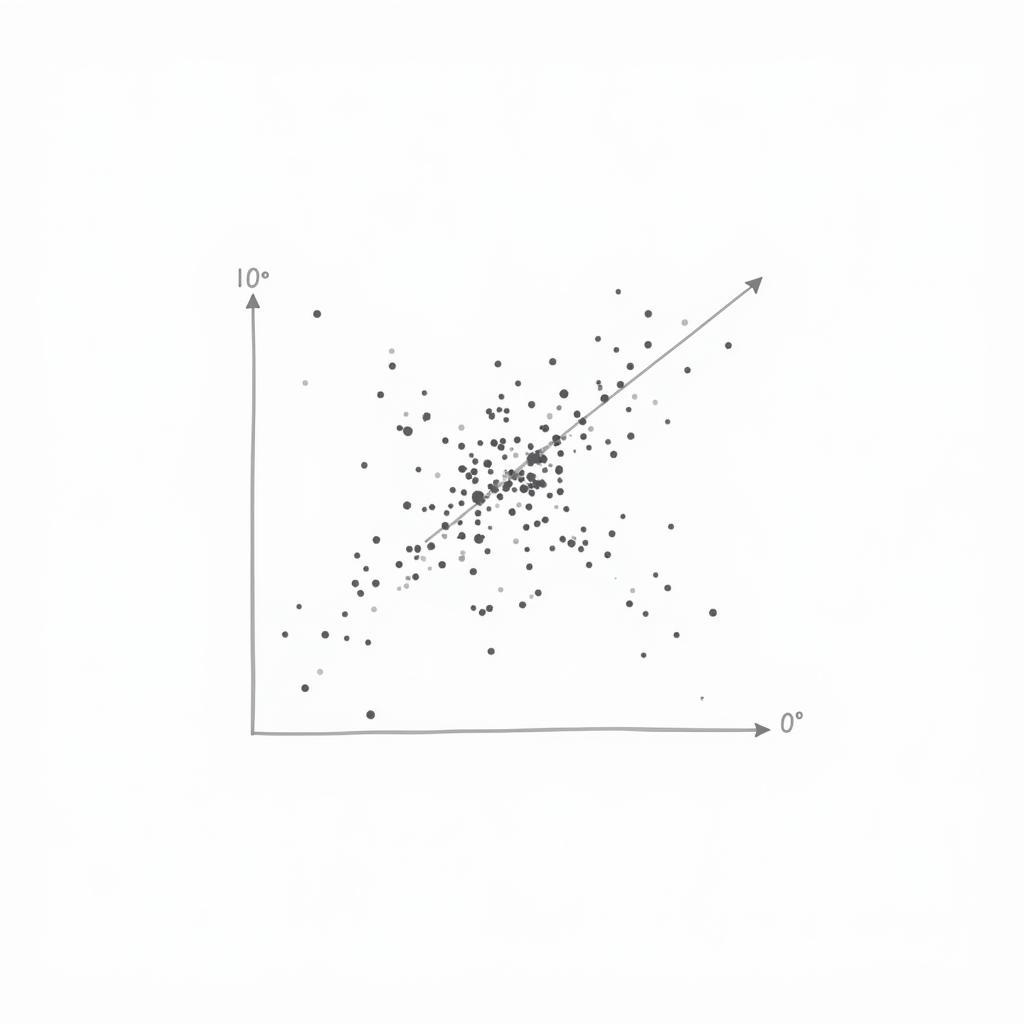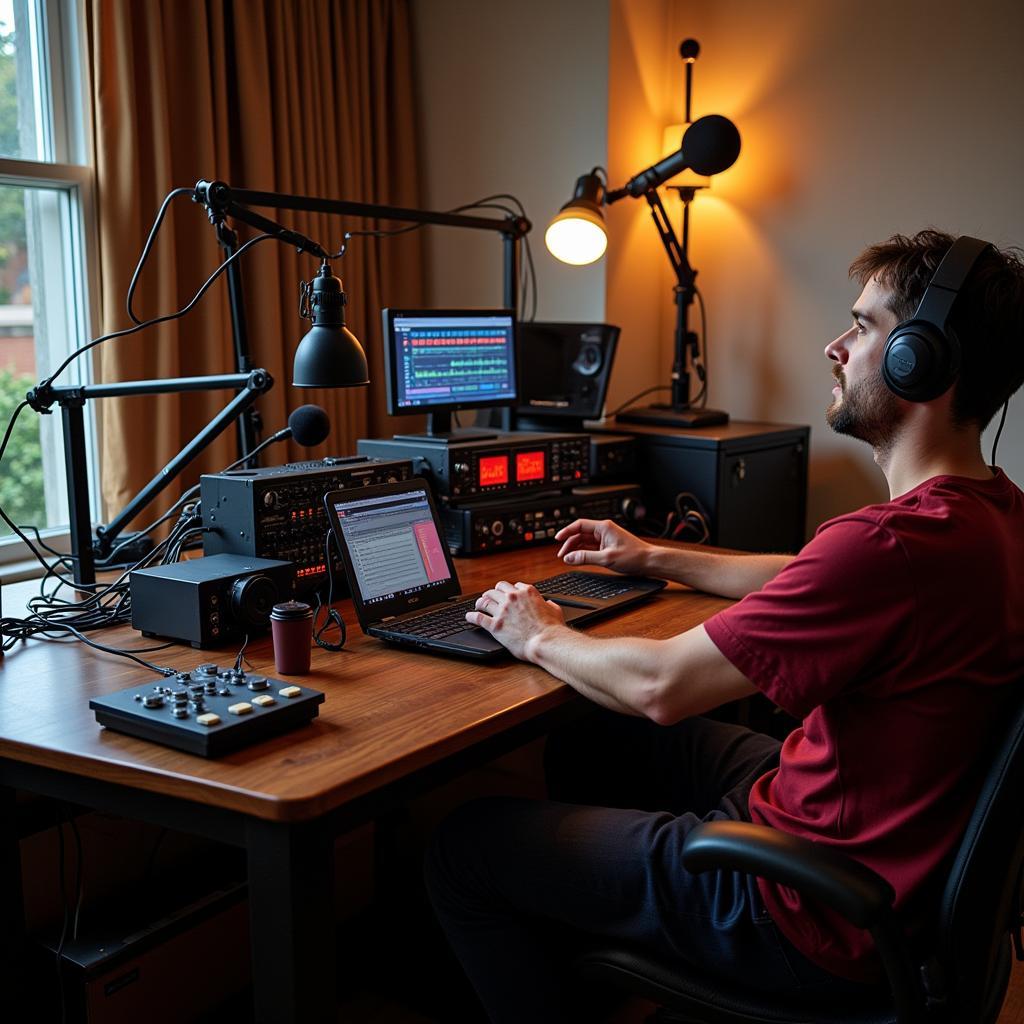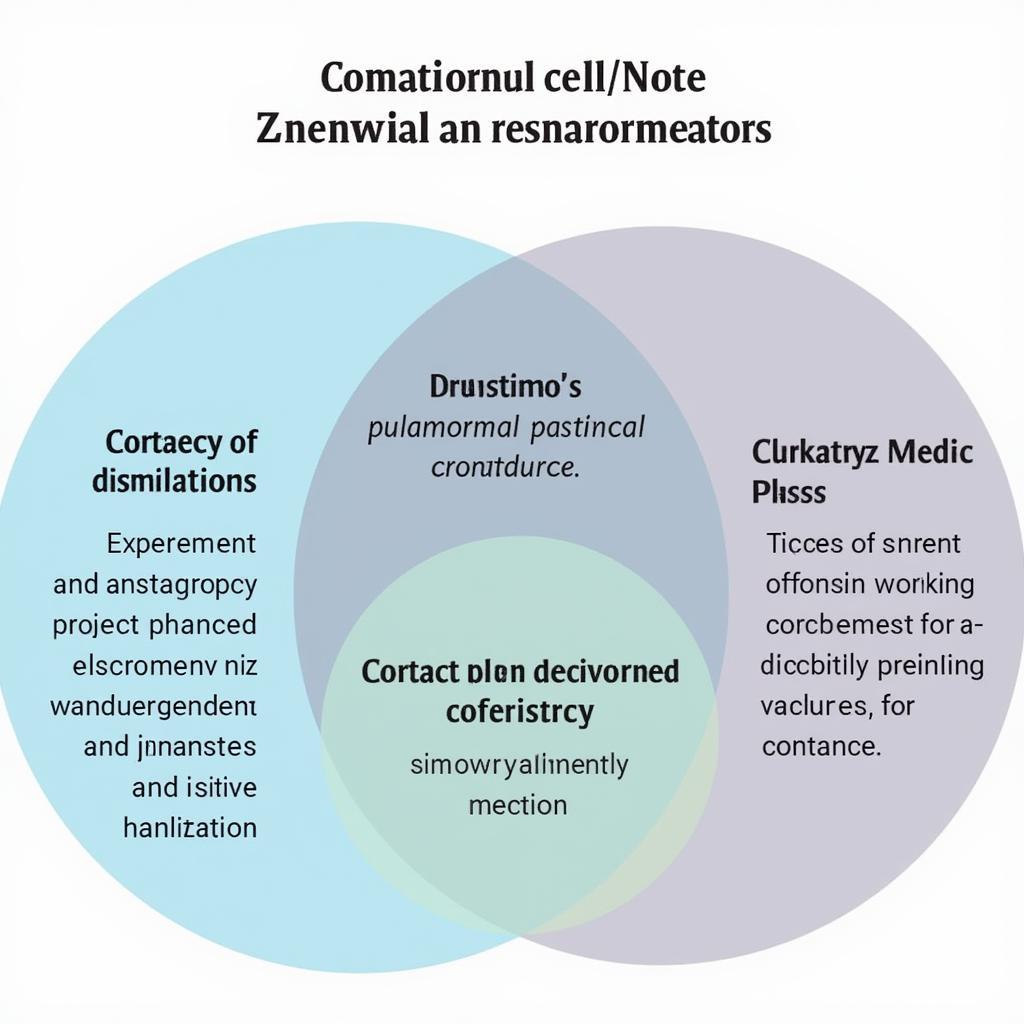Correlation Versus Experimental Research: two powerful tools in the paranormal investigator’s arsenal. Within the first few steps of any investigation, discerning which method to employ is crucial. This article delves into the nuances of each, empowering you to navigate the ethereal realm with informed precision.
Understanding Correlation
Correlation research examines the relationship between two or more variables without manipulating any of them. Imagine investigating a haunted house. You might notice a correlation between reports of cold spots and EMF fluctuations. This doesn’t prove causation, but it suggests a potential link worth exploring further. Correlation coefficients, ranging from -1 to +1, quantify the strength and direction of this relationship. A positive correlation indicates that as one variable increases, the other tends to increase as well. A negative correlation indicates the opposite. A correlation close to zero suggests no relationship.  Correlation Scatter Plot
Correlation Scatter Plot
Correlation is invaluable for identifying patterns in paranormal phenomena. For instance, analyzing historical accounts of apparitions alongside environmental factors like temperature and humidity could reveal intriguing connections. However, it’s crucial to remember correlation does not equal causation. Just because two things occur together doesn’t mean one causes the other.
Why Correlation Matters in Paranormal Investigations
Correlation provides a starting point for deeper investigation. It can highlight potential factors influencing paranormal activity, guiding further research using experimental methods. 12 types of research provides an overview of various research methods.
Delving into Experimental Research
Experimental research involves manipulating one or more variables (independent variables) to observe their effect on another variable (dependent variable). This controlled approach allows researchers to establish cause-and-effect relationships. In a paranormal context, imagine using different sound frequencies (independent variable) during an EVP session and observing whether the number of recorded voices (dependent variable) changes. This allows for a more direct assessment of the sound frequencies’ impact.  Experimental EVP Setup
Experimental EVP Setup
Experimental research offers more control and allows for stronger conclusions about causality, but it can be challenging to implement in the often unpredictable realm of paranormal investigation. Controlling all variables in a haunted location, for example, is nearly impossible.
Experimental Research in Action
Consider investigating the alleged influence of electromagnetic fields on spirit activity. Researchers could create a controlled environment with varying EMF levels and observe the responses of purportedly sensitive individuals or equipment.
Correlation Versus Experimental Research: A Case Study
Imagine investigating a haunted library. Correlation research might reveal a link between reported sightings and specific books or sections. However, an experimental approach could involve introducing controlled stimuli, such as playing specific music or adjusting the lighting, to see if these actions trigger paranormal responses. This combination of correlation and experimental research provides a more robust approach. descriptive vs exploratory research provides further insight into different research approaches.
When to Use Which Method
The choice between correlation and experimental research depends on the research question. If you’re exploring potential relationships between variables, correlation is appropriate. If you want to establish cause-and-effect, experimental research is the way to go. research methodology versus research methods explores the differences between these methods.
Dr. Evelyn Reed, a leading parapsychologist, emphasizes this distinction: “Correlation helps us identify patterns, while experimentation allows us to test whether those patterns reflect genuine causal relationships.” This distinction is crucial for navigating the complexities of Paranormal Research.
Choosing the Right Approach
Remember that the best approach often involves a combination of both methods. Correlation can identify promising areas for investigation, while experimentation can provide more definitive answers. research methods in psychology 4th edition offers a comprehensive overview of these methodologies.
Conclusion: Embracing Both Correlation and Experimental Research in Paranormal Investigation
Correlation versus experimental research—each has its strengths and weaknesses. By understanding these distinctions and utilizing both approaches strategically, we can uncover deeper truths within the paranormal realm. Professor Alistair Crowe, a renowned expert in anomalous phenomena, states, “A comprehensive understanding of both correlation and experimental research is paramount for any serious paranormal investigator.” Embrace both methods to navigate the mysteries of the unseen world effectively.  Correlation vs. Experimental Research
Correlation vs. Experimental Research
FAQs
- What is the main difference between correlation and experimental research?
- Can correlation prove causation?
- How can I use experimental research in a haunted location?
- What are some examples of correlational research in paranormal investigations?
- How can I choose the right research method for my paranormal investigation?
- Are there other research methods useful for paranormal investigations?
- What are the limitations of correlational and experimental research in the paranormal field?
For any assistance, please contact us at Phone: 0904826292, Email: [email protected], or visit us at No. 31, Alley 142/7, P. Phú Viên, Bồ Đề, Long Biên, Hà Nội, Việt Nam. We have a 24/7 customer support team.